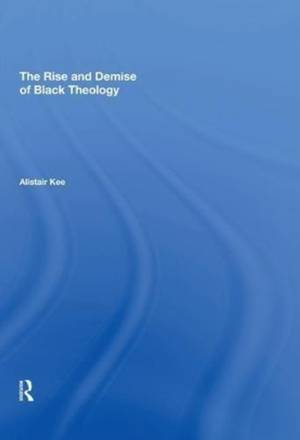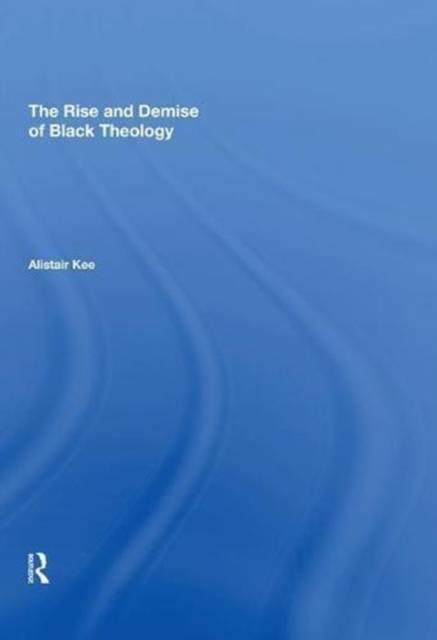
Door een staking bij bpost kan je online bestelling op dit moment iets langer onderweg zijn dan voorzien. Dringend iets nodig? Onze winkels ontvangen jou met open armen!
- Afhalen na 1 uur in een winkel met voorraad
- Gratis thuislevering in België vanaf € 30
- Ruim aanbod met 7 miljoen producten
Door een staking bij bpost kan je online bestelling op dit moment iets langer onderweg zijn dan voorzien. Dringend iets nodig? Onze winkels ontvangen jou met open armen!
- Afhalen na 1 uur in een winkel met voorraad
- Gratis thuislevering in België vanaf € 30
- Ruim aanbod met 7 miljoen producten
Zoeken
€ 182,45
+ 364 punten
Uitvoering
Omschrijving
Black Theology emerged in the 1960s as a response to black consciousness. In South Africa it is a critique of power; in the UK it is a political theology of black culture. The dominant form of Black Theology has been in the USA, originally influenced by Black Power and the critique of white racism. Since then it claims to have broadened its perspective to include oppression on the grounds of race, gender and class. In this book the author contests this claim, especially by Womanist (black women) Theology. Black and Womanist Theologies present inadequate analyses of race and gender and no account at all of class (economic) oppression. With a few notable exceptions Black Theology in the USA repeats the mantras of the 1970s, the discourse of modernity. Content with American capitalism it fails to address the source of the impoverishment of black Americans at home. Content with a romantic imaginaire of Africa, this 'African-American' movement fails to defend contemporary Africa against predatory American global ambitions.
Specificaties
Betrokkenen
- Auteur(s):
- Uitgeverij:
Inhoud
- Aantal bladzijden:
- 227
- Taal:
- Engels
Eigenschappen
- Productcode (EAN):
- 9780815398158
- Verschijningsdatum:
- 29/11/2017
- Uitvoering:
- Hardcover
- Formaat:
- Genaaid
- Afmetingen:
- 156 mm x 233 mm
- Gewicht:
- 579 g

Alleen bij Standaard Boekhandel
+ 364 punten op je klantenkaart van Standaard Boekhandel
Beoordelingen
We publiceren alleen reviews die voldoen aan de voorwaarden voor reviews. Bekijk onze voorwaarden voor reviews.











